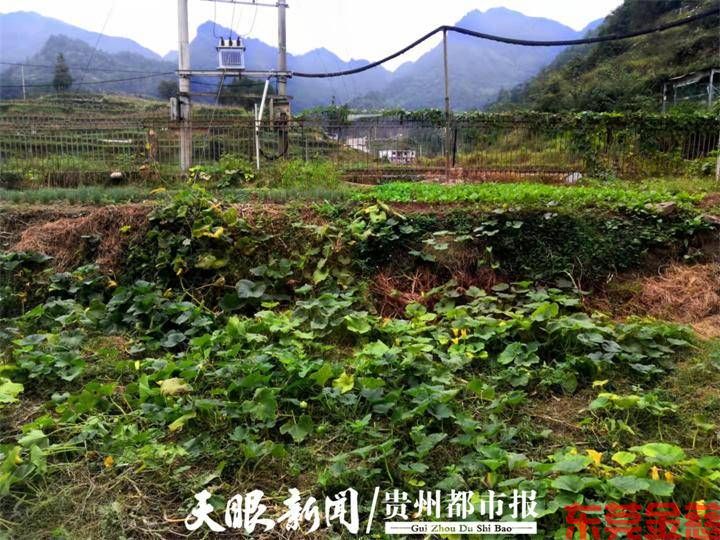當(dāng)前位置:
網(wǎng)站首頁 — 自控閥門在石油化工行業(yè)的重要性
自控閥門在石油化工行業(yè)的重要性


Title: The自控 Importance of Control Valves in the Petroleum Chemical IndustryIntroduction:Control valves play a crucial role in the petroleum chemical industry. They are indispensable components that ensure the smooth and efficient operation of various processes. This article explores the significance of control valves in this industry, highlighting their key functions and benefits.1. Precise Flow Regulation:Control valves are responsible for regulating the flow of fluids within a chemical plant. They precisely control the amount of liquid or gas passing through pipelines, ensuring optimal performance. Their ability to adjust flow rates enables the production process to meet specific requirements, improving overall productivity and product quality.2. Pressure Management:In any chemical process, maintaining consistent pressure is vital. Control valves help manage pressure levels by adjusting the valve opening according to the system's demands. They ensure the pressure remains within safe operating limits, preventing equipment damage and operational hazards. Additionally, precise pressure control enhances the efficiency of heat transfer units, resulting in energy savings.3. Temperature Control:Temperature control is crucial in petrochemical processes as it directly affects reaction rates and product quality. Control valves equipped with temperature sensors and actuators enable automatic adjustments to maintain the desired temperature. This capability ensures optimal conditions for reactions, reducing the risk of undesirable byproducts and improving overall process control.4. Safety Measures:Safety is paramount in the petroleum chemical industry. Control valves play a crucial role in implementing safety measures. They can quickly shut off the flow in case of emergencies such as pipeline failures or unexpected pressure surges. By enabling remote operation and control, these valves help operators respond promptly to critical situations, minimizing potential risks and accidents.5. Maintenance and Reliability:Control valves require regular maintenance to ensure they operate efficiently and reliably. Petrochemical facilities often employ predictive maintenance strategies, utilizing advanced monitoring systems. These systems provide real-time data on valve performance, enabling proactive maintenance activities. Well-maintained valves reduce downtime, increase process uptime, and enhance overall system reliability.Conclusion:In summary, control valves are essential components in the petroleum chemical industry. They provide precise flow regulation, manage pressure and temperature, implement safety measures, and contribute to reliable operations. Understanding the importance of control valves is crucial for optimizing process efficiency, enhancing productivity, and ensuring the safety of workers and the surrounding environment in this industry.
友情鏈接